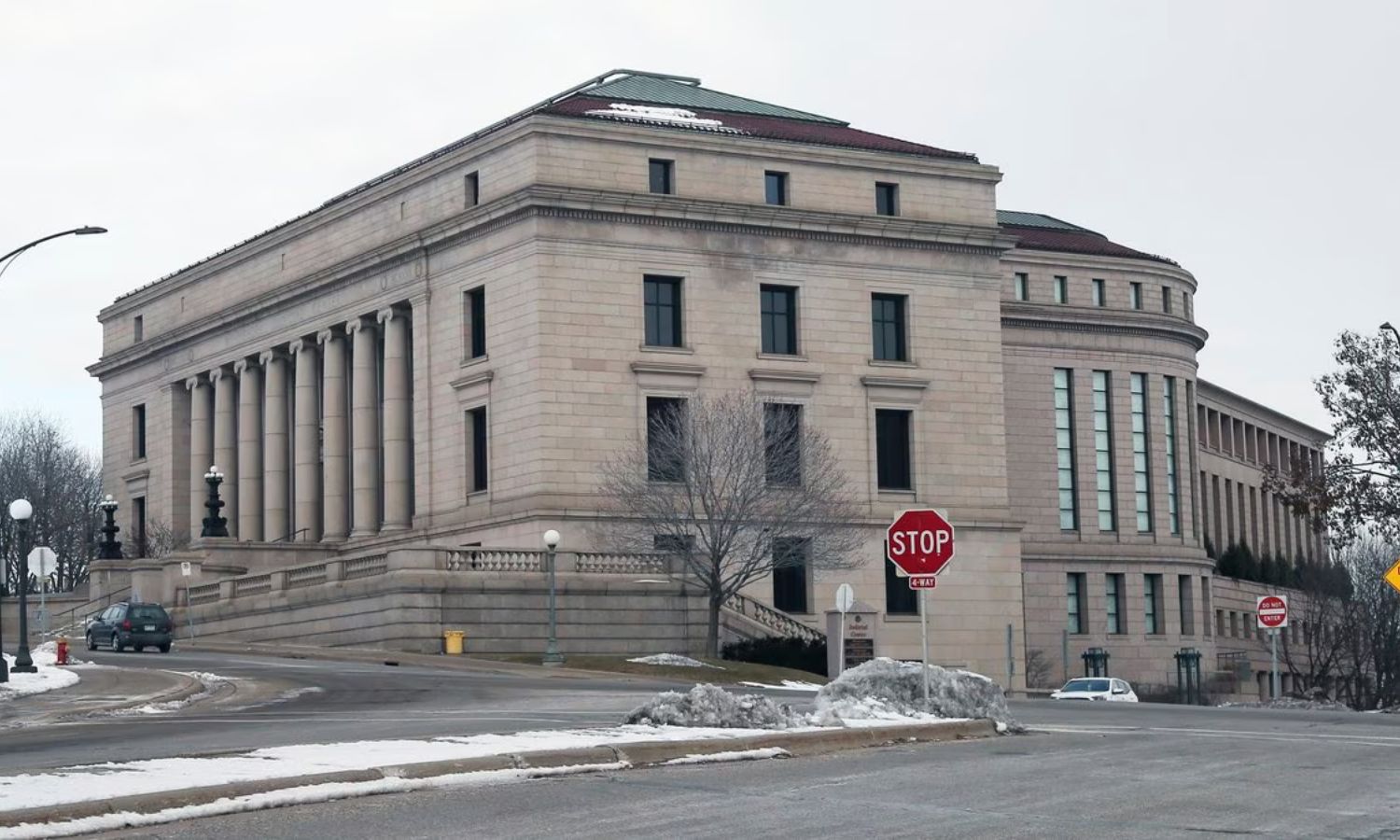In St. Paul, Minnesota, efforts to employ the Constitution’s “insurrection” clause to prevent former President Donald Trump from running for the White House again are turning to oral arguments before the state Supreme Court on Thursday. This hearing coincides with a similar case unfolding in Colorado.
These lawsuits are part of several filed across the country to block Trump from appearing on state ballots in 2024 due to his role in the January 6, 2021, attack on the U.S. Capitol. This attack aimed to disrupt the certification of Joe Biden’s victory by Congress. The cases in Colorado and Minnesota are the most advanced, potentially leading to the U.S. Supreme Court, which has never ruled on this issue before.
The primary argument in all these cases is the same: Section Three of the 14th Amendment disqualifies anyone who previously swore to uphold the Constitution and then “engaged in insurrection” against it from holding office.
In the Minnesota case, the plaintiffs are requesting the state’s highest court to declare Trump disqualified and instruct the secretary of state to exclude him from the state’s March 5 primary ballot. They have also raised the possibility of the court ordering an evidentiary hearing, which would lead to further proceedings and a delay in the final resolution, something opposed by Trump’s legal team.
The petitioners argue, “The events of January 6, 2021, amounted to an insurrection or a rebellion under Section 3: a violent, coordinated effort to storm the Capitol to obstruct and prevent the Vice President of the United States and the United States Congress from fulfilling their constitutional roles by certifying President Biden’s victory, and to illegally extend then-President Trump’s tenure in office.”
Trump’s lawyers have acknowledged that the question of whether Trump is fit for the presidency has been a defining political controversy in recent years. They argue that while the events of January 6 turned into a riot, they do not constitute an insurrection in the constitutional sense. They point out that Trump has not been charged with insurrection in any court, although he faces state and federal criminal charges related to his efforts to overturn the 2020 election results.
They argue that the resolution of this political issue belongs to either Congress or the people of the United States, as both federal and Minnesota law do not allow courts to remove Trump from the ballot, and the insurrection clause does not apply to presidents.
The insurrection clause does not explicitly mention the office of the president but instead includes somewhat vague language referring to the “elector of president and vice president.” This issue was discussed during the Colorado case when a law professor testified that it was indeed intended to apply to presidential candidates.
The case has also delved into whether the January 6 attack qualifies as an insurrection and whether Trump bears responsibility for inciting the mob and fulfilling his duties as president to quell the attack.
Due to the relative scarcity of legal precedents on how to apply this provision, both sides are reaching back as far as 150 years to find relevant cases. The 14th Amendment was passed by Congress in 1866, a year after the end of the Civil War, and ratified two years later.
The Minnesota Supreme Court justices have allocated just over an hour for oral arguments on Thursday. They will hear from attorneys representing the petitioners, including former Minnesota Secretary of State Joan Growe and former Justice Paul Anderson, as well as lawyers for Trump, the Republican Party of Minnesota, and the current Secretary of State, Steve Simon.
The Minnesota case was filed by Free Speech For People, while the Colorado case originated from another well-established group with substantial legal resources, Citizens for Responsibility and Ethics in Washington. In Colorado, ballot challenges first go to a judge for a hearing before potentially being appealed to the state Supreme Court, while in Minnesota, they proceed directly to the high court.
Secretary of State Simon has requested the court to issue a swift ruling so that he can provide instructions to local election officials regarding Minnesota’s March primary no later than January 5.
READ MORE
This Rhode Island City Has Been Named the Highest Cancer Rates in the State
